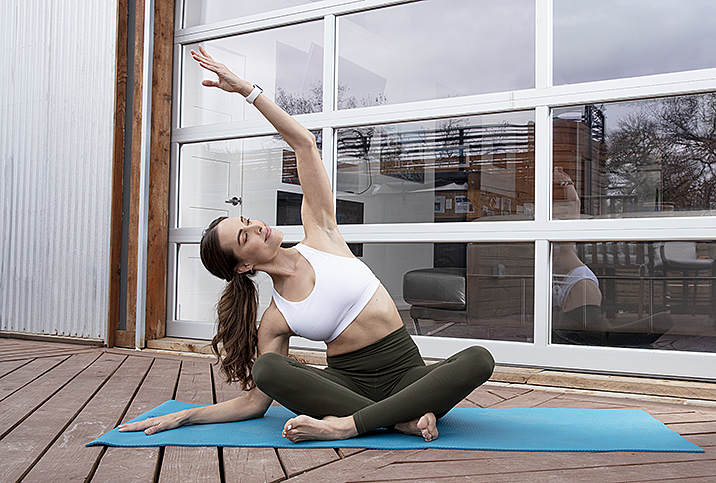The Impact of Rigorous Physical Activity on Your Fertility

Sports such as bodybuilding, boxing, soccer and racing, among others, necessitate rigorous training. Intensive workouts are needed for both physical stamina and mental fortitude. If you're an athlete looking to get pregnant, you may wonder if your workouts can harm your fertility.
Some evidence suggests they do.
One Norwegian study found women who engaged in extreme daily workouts were 3.5 times more susceptible to fertility issues such as delayed conception and miscarriage. Women who reported moderate or low activity levels showed no evidence of impaired fertility.
While the reasons for the findings aren't totally clear, researchers believe the decreased fertility rate in the women who exercised intensely is a result of low energy levels. If the body doesn't have enough energy to maintain the necessary functions that facilitate fertility, conceiving a child can be difficult.
Another possibility is that overexercising can shorten the luteal period, the time between ovulation and your period. A shortened luteal period means less progesterone, a necessary hormone that helps a fertilized egg attach to the uterine lining. Egg implantation is a necessary step in conception.
When is physical activity too rigorous?
It’s important not to confuse hard training with standard exercise. Regular, moderate exercise actually boosts fertility by decreasing stress and obesity, two major risk factors of infertility. It also enhances insulin function and preps your body for conception.
The difference between moderate exercise and excessive physical activity lies in the intensity, frequency and duration. The Centers for Disease Control and Prevention (CDC) recommends that pregnant women or women hoping to become pregnant get 150 minutes of moderate exercise a week from activities such as brisk walking. However, every woman is different, so talk to your doctor about the right amount of exercise for you.
It's important to keep your doctor informed on your exercise decisions and monitor yourself for any issues. If it gets to a point in your workout where you feel “there’s not enough air in the world to breathe,” you’ve probably crossed over from exercise into hard training. Many doctors will recommend the "talk test," which asks you to hold a conversation as you exercise. If you are unable to, you're likely exercising too hard.
Maintaining your fertility as an active woman
Rigorous physical activity can do a number on your cells and muscles. But a restful sleep can get you up and running again. So allow yourself eight hours of sleep nightly to refuel and keep your hormonal function balanced.
Eat foods rich in carbs, fiber and vitamin C. They’ll work together to replenish your energy and boost your fertility. Examples include blueberries, bananas, sweet potatoes, spinach and apples. Supplements are an option as well, but discuss any with your doctor before adding them to your diet.
Lastly, if you smoke—now is the time to quit. Smoking not only impedes your ability to engage in physical activity, but it also negatively impacts your fertility by speeding up the rate of egg loss and encouraging early menopause.
If you are an athlete and want to get pregnant, it may be time to slow down. Talk to your doctor about your exercise regimen and how it could affect your fertility. Your doctor will help you establish a plan to keep your body healthy and improve your chances of conception.


















